Aso Villa, Nigeria’s seat of presidential power is bereaved. On Friday, April 17, 2020, it recorded its first major casualty of the Corona Virus disease, in the person of the President’s Chief of Staff, Malam Abba Kyari. With Kyari’s death, Corona Virus has claimed its third high profile victim in Nigeria. Before Kyari was the former Managing Director of the Petroleum Products Marketing Company (PPMC), Suleiman Achimugu and Ambassador Kabiru Rabiu, the first index case in Kano. As at the time of this writing, Nigeria has recorded a total of 21 COVID-19 deaths. But Kyari’s death resulting from complications related to COVID-19 has a different hue, and given the high office that he occupied, has understandably attracted more attention. I knew the late Chief of Staff from a distance. In my days as Chairman, Editorial Board/Editorial Page Editor of The Guardian newspapers, Abba Kyari was one of our regular contributors and he was quite a compelling contributor each time he submitted a copy.
I do not remember ever rejecting any essay that he penned. His writing style was lucid, with every sentence in place. His understanding of public affairs was unimpeachable. He had been a journalist, rising to the position of an Editor, he also had a background in sociology, law, public administration and banking and he had strong connections with persons in high places. His essays showed an astute understanding of Nigeria and its many problems. The only problem was that he wrote long essays and commentaries but he got published nonetheless, often in a serialized format, because of the beauty of his thoughts and the lucidity of his prose which had an irresistible Oxbridge accent. Graduates of Cambridge and Oxford are trained to write in a peculiar manner: they are strong on logic and lucidity. But I don’t recall ever meeting Abba Kyari in person. We always spoke on phone and exchanged intellectual banter and I can attest to the fact that he was one of the brightest ones from the North.
The closest opportunity I would have had to meet him in person was two years ago. I had written an essay in this column and he called to protest that I didn’t have enough information. He argued the government’s position. I disagreed. He then told me to call him up whenever I was in Abuja, and he would be glad to continue the argument and give me relevant documents. I eventually found myself in Abuja and I called him. But his line was busy. It was clear to me that as the President’s Chief of Staff, he had a very busy schedule and could be often unavailable. That passed. There were other phone calls from him subsequently. But the one that I can never forget was a phone call from him on my birthday last year. I missed the call because I was busy co-anchoring The Morning Show on Arise TV. He later sent a text message: “Good morning sir, to wish you a VERY HAPPY BIRTHDAY, didn’t know Segun Adeniyi is your senior!!! Best wishes always. – Abba Kyari.” As soon as I got off the set, I called him back. He said he was in London and with the President. He just wanted to wish me a happy birthday and see if the President could also say hello to me. But he was no longer with the President, happy birthday to me all the same. I thought that was very kind of him.
With Abba Kyari’s death, Nigeria has lost a hardworking, dedicated, public-spirited intellectual, a man who wanted the best for his country, a loyalist and a patriot. It is instructive that Abba Kyari contracted the COVID-19 disease while on national assignment as the head of a Presidential delegation to Germany to negotiate a subsisting and on-going, proposed intervention by Siemens in Nigeria’s electricity sector. From Germany, he went to Egypt and on his return he held meetings with government officials and state Governors. Many Nigerians, including Nigeria’s First Lady, Aisha Buhari, and the National Security Adviser, General Babagana Monguno have had cause to complain about Abba Kyari’s overwhelming influence as President Buhari’s Chief of Staff. Others referred to him as Nigeria’s de facto President. When he tested positive for COVID-19, there were comments to the effect that this was a case of Karma, because he had no business going to Germany in the first place. From that moment, his enemies wished him dead. Those enemies must not jubilate. As Chikwe Ihekweazu, the CEO of the Nigeria Centre for Disease Control (NCDC) tells us – Corona virus “is not Karma. It is a virus, an infection.” For the benefit of those who accused Kyari of hijacking Presidential powers, my understanding is that there is no way any staff of the President can be more powerful than the President. What exists in the corridors of power is the same laws of power that have dominated palaces and power centres for centuries. Those who have the eyes and ears of the man of power, and who enjoy access to him, are bound to be more influential than those who do not have that advantage. Such persons are bound to be targets of envy, palace intrigues, in-fighting, mischief and malice directed at them by other influence-and-access-seekers whose protests are usually borne out of selfish interests of their own rather than any concern for public good.
Abba Kyari was probably the most influential Chief of Staff in Nigeria’s Presidential Villa since the return to civilian rule in 1999, comparable only, with essential differences, to Obasanjo’s General Abdullahi Mohammed, and Mike Oghiadhome during President Jonathan’s early years in office. General Mohammed was a strong Chief of Staff but he could not overshadow his boss, President Olusegun Obasanjo who was an equally capable man and a workaholic. Oghiadhome ran the Jonathan office with clock-work efficiency but he also could not upstage his boss because President Jonathan was a hands-on, healthy, hardworking boss. Those who accuse late COS Kyari of being a surrogate President may have been unfair to him. He only became so dominant because the President allowed him. Both Abba Kyari and President Buhari needed each other and I’d rather remember him as a loyal and efficient man who ran the engine room of the Presidency diligently and kept everything together from 2015 till the time of his passing. He was also very self-effacing. He didn’t hug the limelight. He did not try to outshine the Master. His influence was felt and ascribed, not something he himself shouted on the rooftops. He helped his boss to build bridges. He was a perfect courtier and a master of the game of entrenchment. Most of the people who condemn him merely base their impressions on hearsay.
One of the first messages I received after Mallam Kyari’s death read: “Reuben, I now fully agree with you that some demons are in the Villa in Abuja.” The message was in reference to a controversial article I wrote in 2016 titled “The Spiritual Side of Aso Villa” (The Guardian, October 14, 2016) in which I argued, based on experience and direct observation, that Nigeria’s Presidential Villa is a haunted place, overtaken by demons and magic, and that anyone who works or lives there is a potential victim. The biggest achievement for anyone who works in that Presidential Villa would be to leave the place alive, and not to lose a family member, contract a deadly disease, or to go back home with all kinds of life-long afflictions. My thesis was opposed by persons who had never spent a minute inside the place, and whose objections were based on their own untested beliefs. Very few persons worked in the Villa since 1999, without making a sacrifice. Officially, Abba Kyari died of COVID-19; because he was elderly, and had other health complications, he could not defeat the disease. But I will not argue with those who go beyond science to adduce metaphysics for his case. Abba Kyari probably became a target the moment President Muhammadu Buhari publicly identified him as the go-to person in his government. In the court of power, when a leader openly identifies a favourite, he or she becomes a target for all kinds of arrows – verbal, physical and spiritual. Abba Kyari never knew peace from that point onwards. He lived long in any case. He was 81, we are told. Some persons insist he was 67. It is only in Africa that simple things like dates of birth or death are matters of speculation and controversy.
So, what next for President Buhari? He must now appoint a replacement for Abba Kyari, and in so doing, he would need someone with the same intellectual heft and skills. The stability of his administration would depend greatly on how well he manages this moment of transition in the Presidential Villa. In appointing a replacement, he should look beyond ethnicity and religion and appoint a seasoned, experienced and competent administrator, who also understands politics and power. That said, there are many lessons to be learnt from the passing of Malam Abba Kyari and certain unanswered questions need to be addressed. One, if money could save a life, Kyari would be alive today. He was treated in a private hospital which must have been more expensive than an isolation centre. After his death, he was flown from Lagos to Abuja. His burial was also handled by a specially deployed team wearing Personal Protective Equipment. At great risk to their own lives, some persons followed his corpse to the Defence Guest House where prayers were held and Gudu Cemetery in Abuja to witness his burial. The Presidency insists that the right protocols for the burial were followed, and that the Nigeria Centre for Disease Control gave necessary approvals. The ceremony as shown on television however raised concerns. Nobody observed social distancing and it looked like there were too many people at a COVID-19 burial. The protocols were observed more in the breach! There should be a standard burial protocol for all COVID-19 persons. Didn’t the Minister of Information say the other day that COVID-19 corpses will not be released to their families? The public will need further clarification on this score. There must not be different rules for different people. And why did Kyari have to relocate from Abuja to Lagos to get treated? Are there no standard isolation centres in Abuja that can accommodate a top official?
One big lesson from it all is that COVID-19 is not a respecter of persons. It is an unbiased, egalitarian, non-discriminatory, non-partisan disease. Both the rich and the poor have fallen by its sword. In the last few days, there has also been an attempt by key persons in the Presidential Task Force to demonize private hospitals treating COVID-19 Task Force members. Could that have been as a result of Abba Kyari’s condition? Could Abba Kyari have survived if he was treated at the Lagos state isolation centre where many cases have been successfully managed? In ordinary times, Abba Kyari would have been flown in an air ambulance to the best hospital in the world. But with the entire world shut down, and every country in isolation, countries are left with no other option than their own healthcare systems. African leaders have failed over the years to invest in the development of world-class health infrastructure. Their standard option is to embark on medical tourism to seek treatment for the smallest of ailments, including toothache. In the time of COVID-19, this has been impossible. Hopefully when all of this is over, COVID-19 will prove to be a wake up call and a call to action, forcing African leaders to upgrade healthcare systems from the primary to the tertiary level.
When Boris Johnson, Prime Minister of the United Kingdom tested positive for COVID-19 and began to have respiratory problems, he was treated at St. Thomas Hospital, a publicly-owned hospital, by NHS nurses and doctors. He survived and has since been discharged. In his subsequent broadcast, he had words of commendation and praise for the NHS staff that attended to him. Our public health facilities should be good enough to cater for both the poor and the privileged. In addition to that would be the need to take better care of our health care professionals. The same health workers whose salaries and allowances are often unpaid, and who are perpetually threatening to go on strike are now the ones leading Nigeria’s war against corona virus. Sometime last year, the Minister of Labour and Productivity boasted that Nigeria has more than enough doctors and any doctor that wanted to seek greener pastures overseas was free to do so. Today, every country of the world is acknowledging the great work being done by doctors and nurses and other medical staff on the frontline and calling for volunteers. Only a healthy country can be a productive country. We can learn a lesson from the transparent leadership demonstrated by UK PM Boris Johnson. Why for example was the identity of the Lagos private Hospital where Malam Kyari was treated shrouded in mystery for so long? And why was a large gathering allowed at the internment of the late Chief of Staff? Every person at that burial in Abuja should be corona-shamed and asked to self-isolate for the next 14 days!
Abba Kyari’s death should also provide an opportunity for introspection about life itself. Life is short. No man can live forever. Nobody knows tomorrow. For Abba Kyari, the journey ended suddenly. Before he left Abuja for Lagos, he had issued a statement in which he said he hoped to get back to his desk shortly. He never made it back to that desk. He has now been buried not in Aso Rock, but in Gudu, in a shallow grave. The coffin in which his body was conveyed to the cemetery was left behind and set ablaze. The Presidency says there will be no condolence visits. Death is the most certain end for all men. Those who are tempted to gloat over another man’s death should be reminded of their own mortality… May the Almighty comfort the family that Malam Kyari left behind and grant him Al Jannah Firdaus.











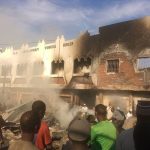
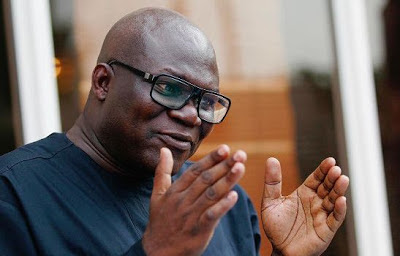
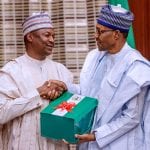




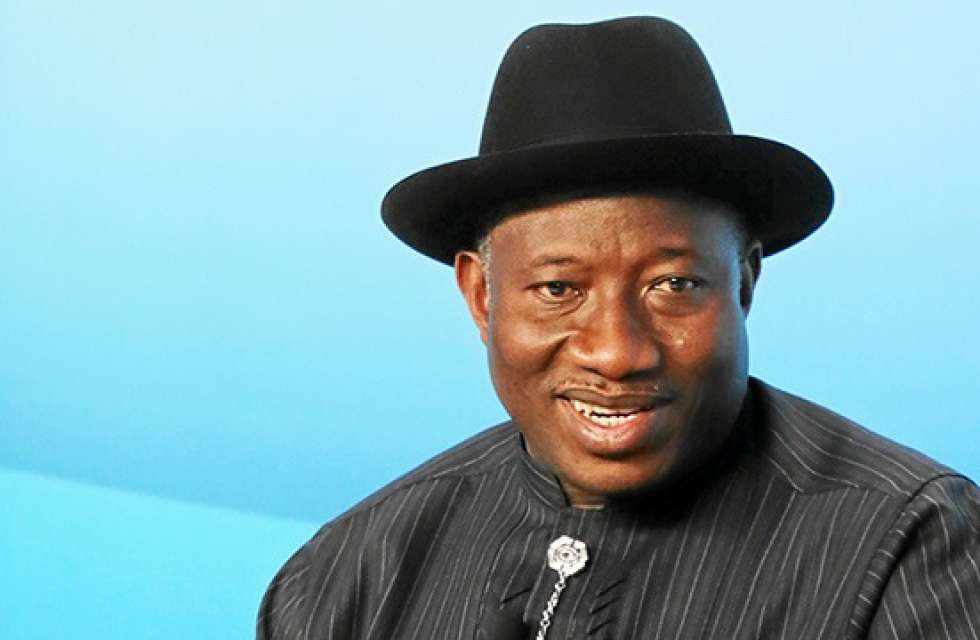
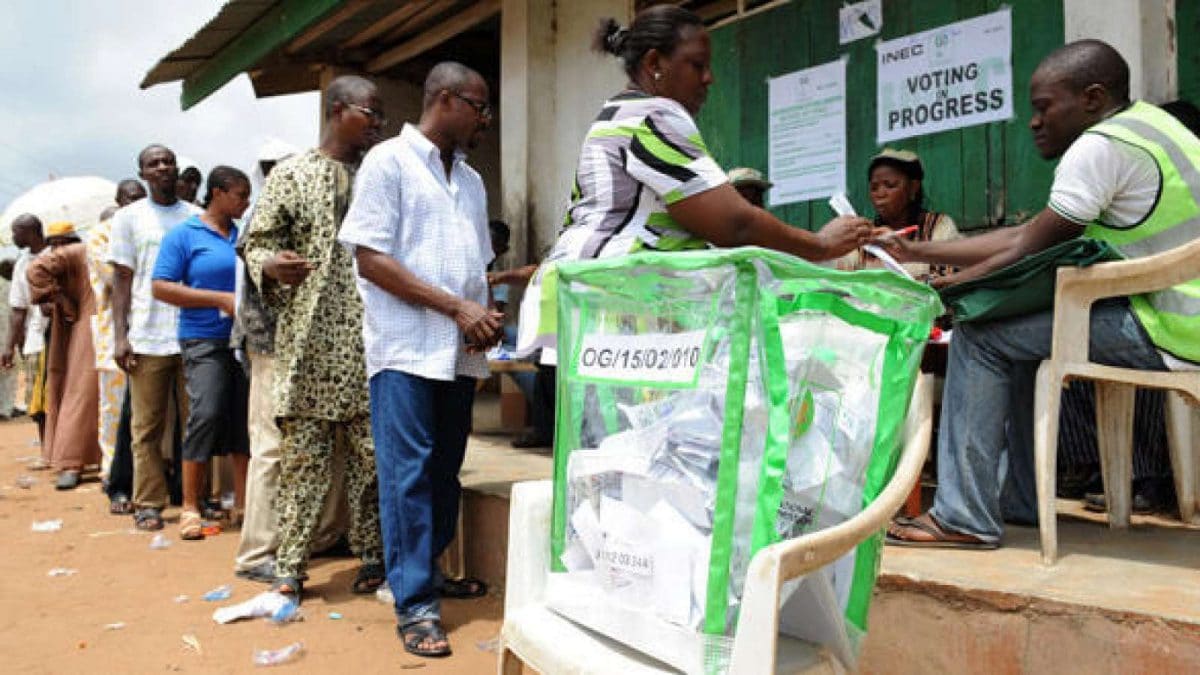
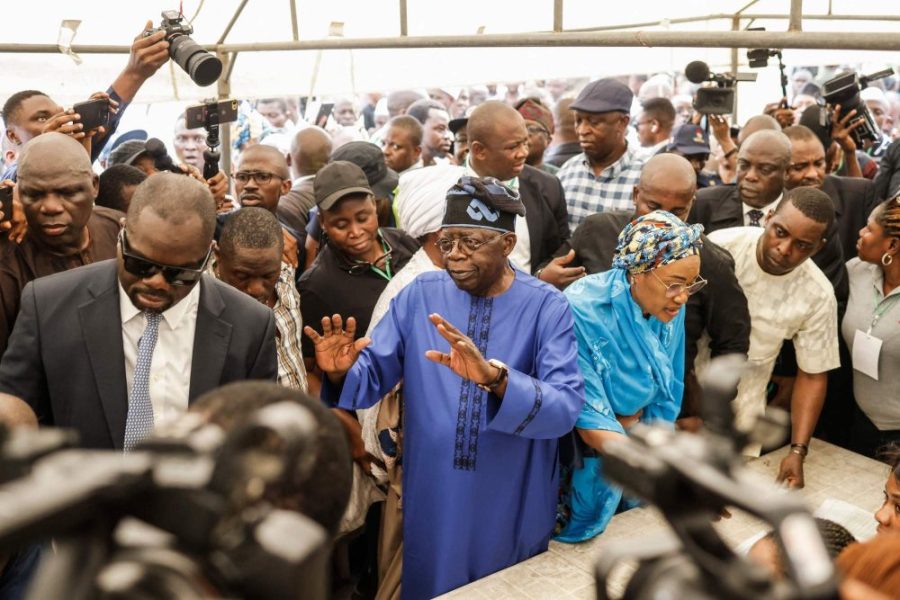
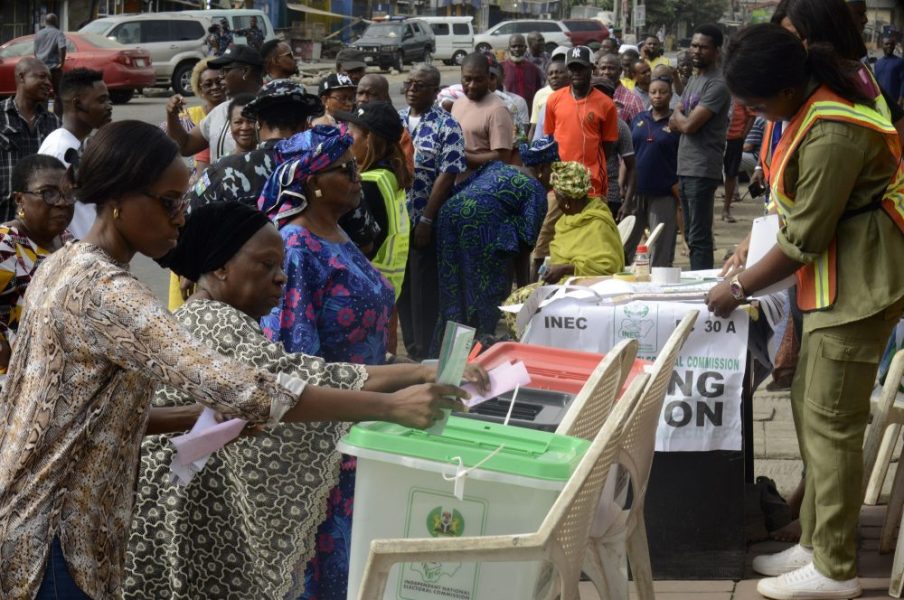
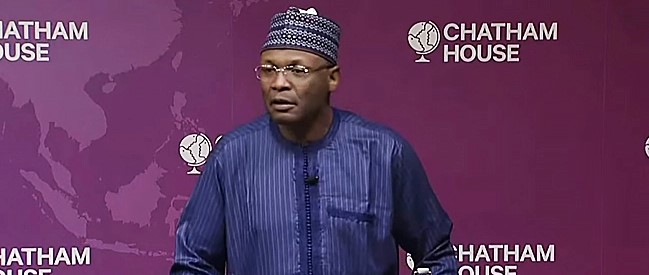
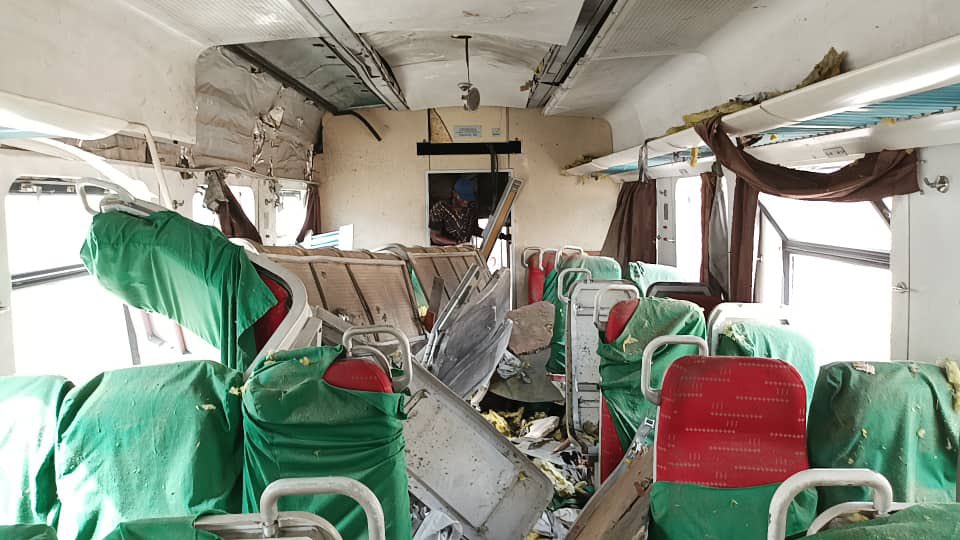
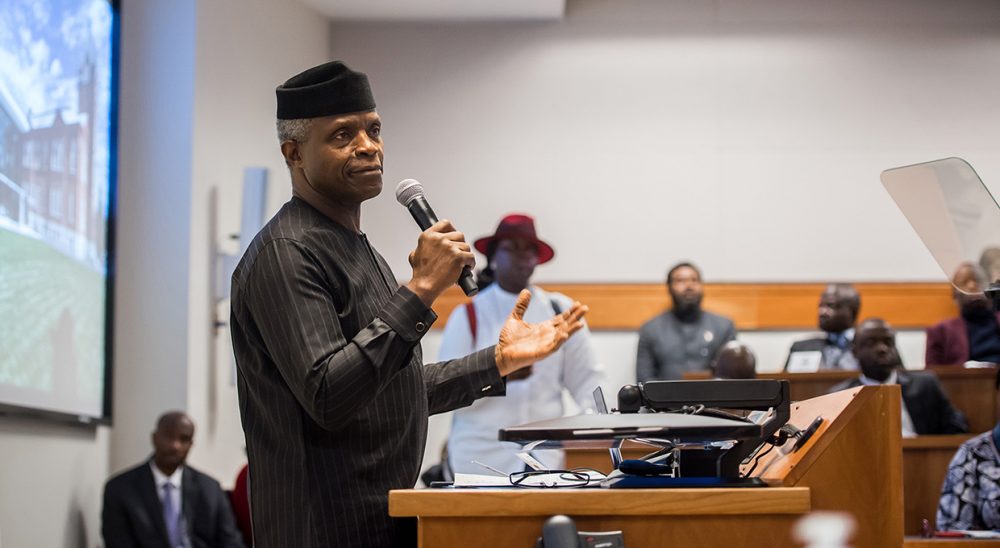
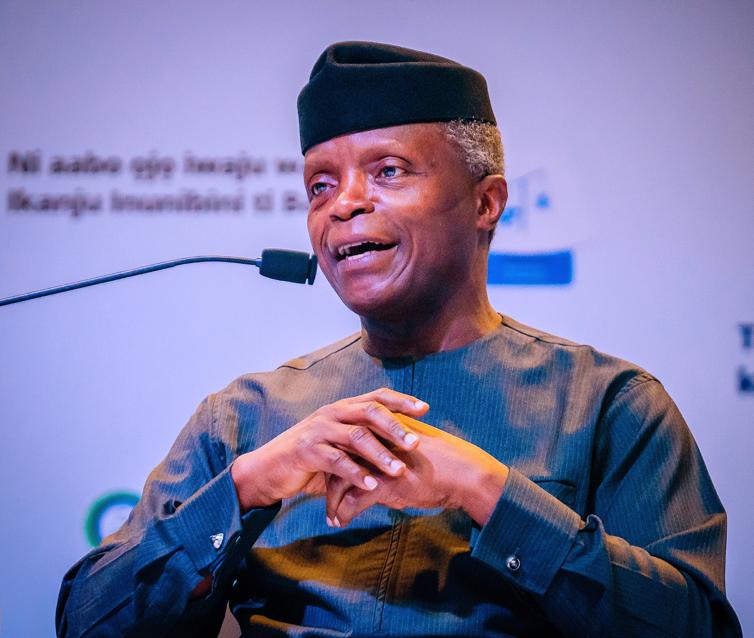
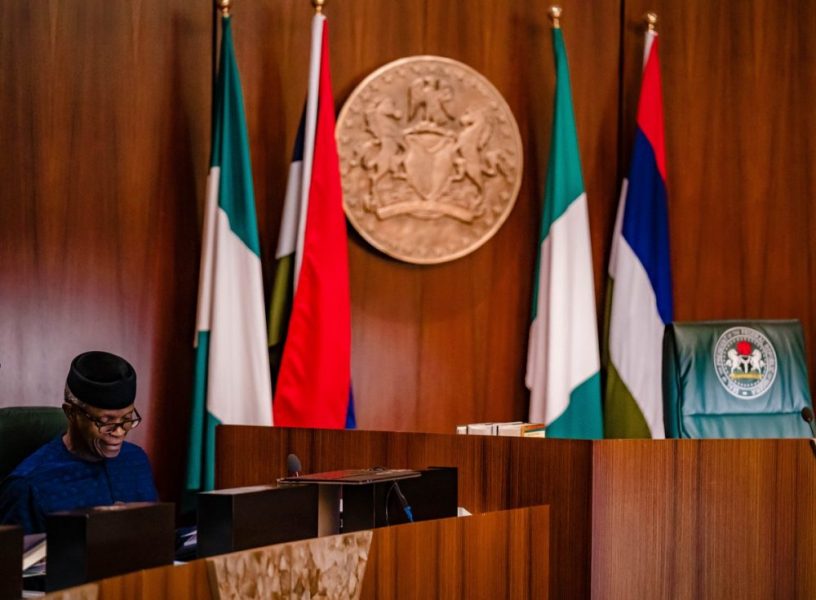

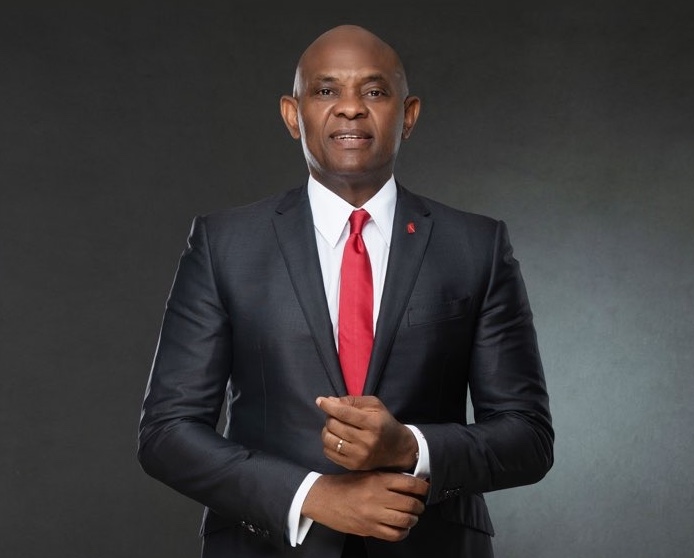


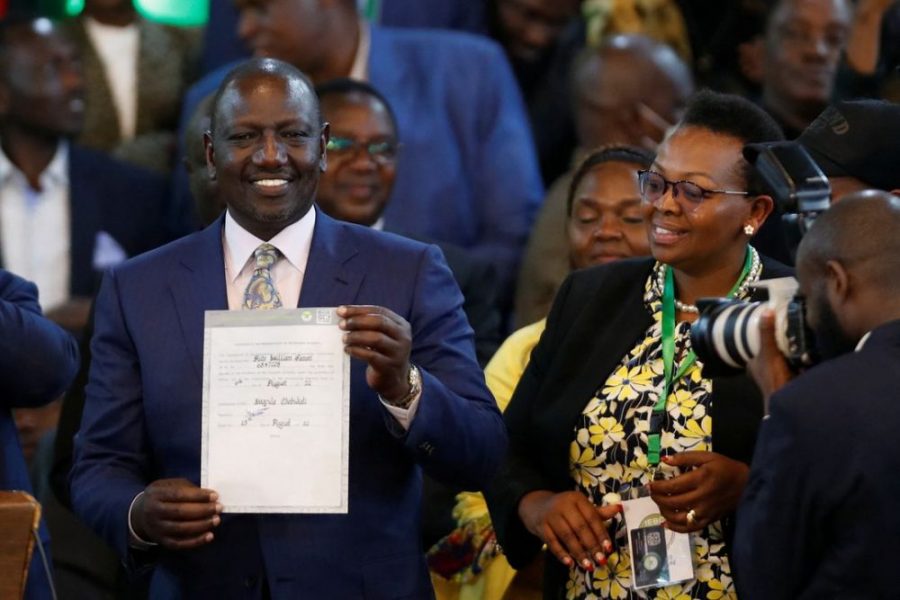

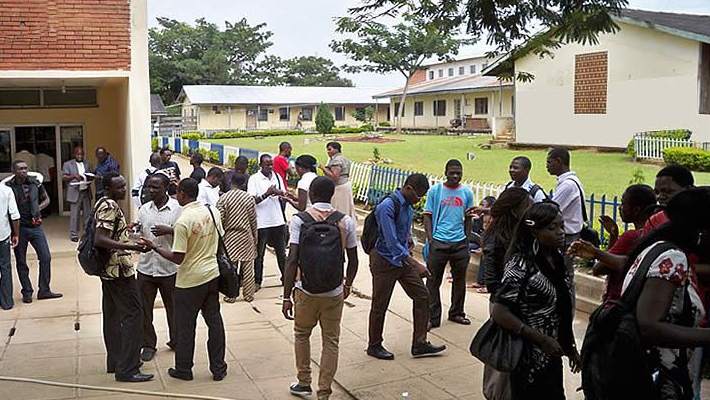
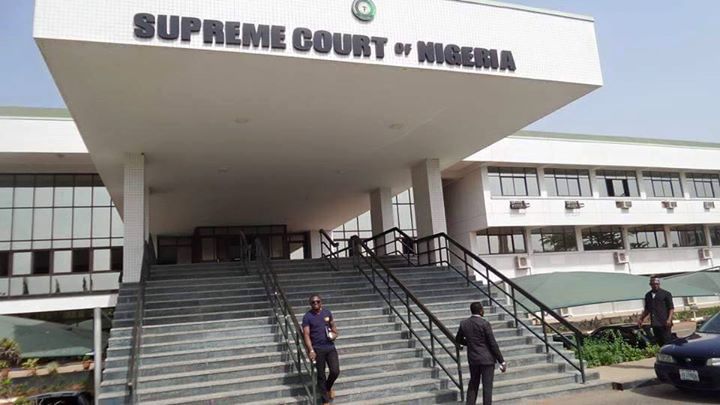
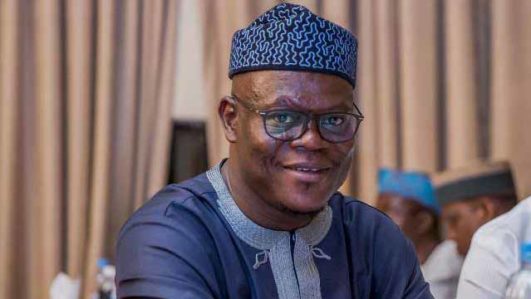
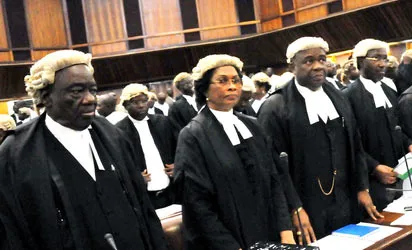
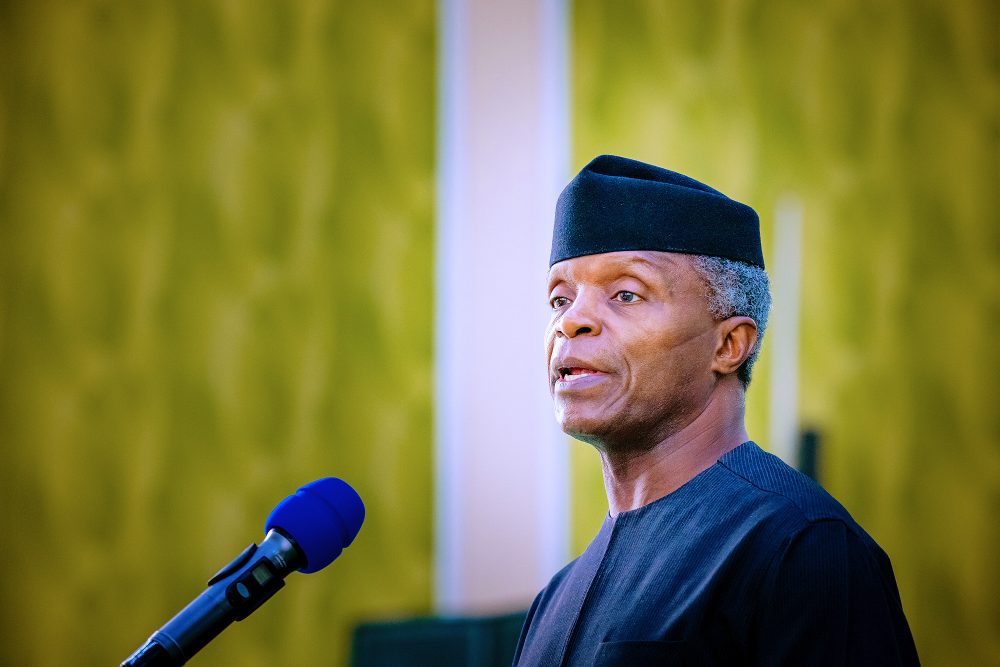
Leave a comment